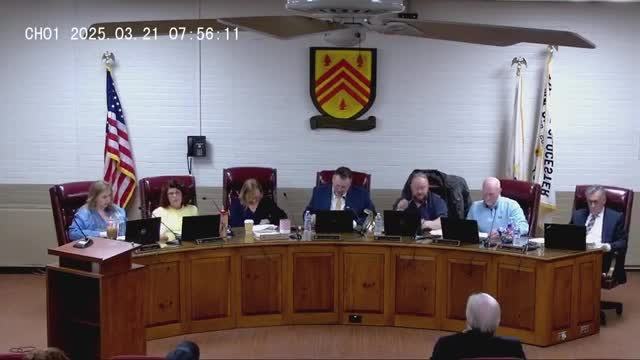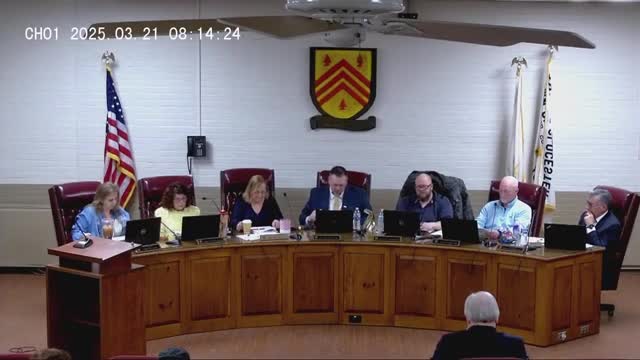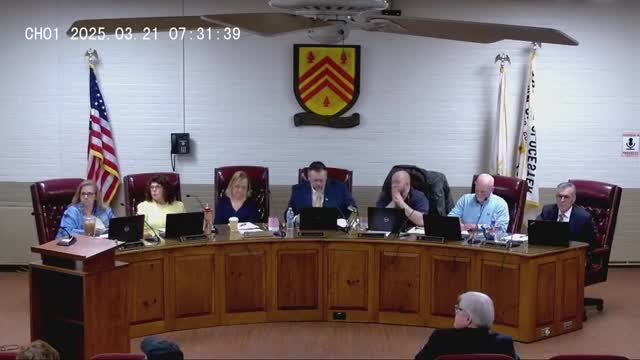Article not found
This article is no longer available. But don't worry—we've gathered other articles that discuss the same topic.

Votes at a glance: Glocester council accepts budget for public hearing, backs school transportation funding, approves appointments

Glocester drops CivicPlus renewal, authorizes state-funded e‑permitting as residents raise access concerns

